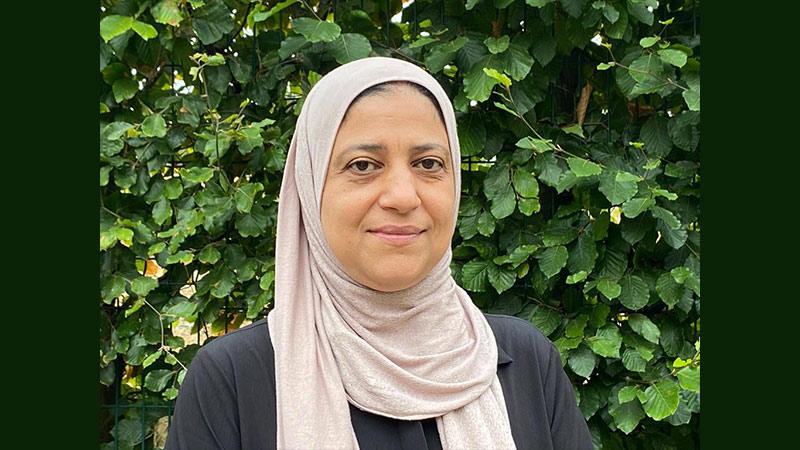Dr Manal Mohammed, Senior Lecturer in Medical Microbiology, has written an article for The Conversation about the new bivalent COVID-19 vaccine.

The vaccine has been approved by the UK’s Medicines and Healthcare products Regulatory Agency (MHRA) making it the first country in the world to do so. It was developed by Moderna and has been approved for adult use, making it an essential part of the autumn booster campaign.
The article covers what a bivalent vaccine is and what impact this booster will have on the trajectory of the pandemic. Dr Mohammed explains that the first generation of vaccines were ‘monovalent’, meaning that they only protected from one type of variant. However, this second-generation vaccine offers protection from both SARS-CoV-2 and Omicron.
Discussing the safety and efficacy of the vaccine, she said: “No serious safety concerns have been identified for this new bivalent vaccine. Any side effects observed during safety monitoring were broadly the same as those seen with the original Moderna booster dose. These are typically mild and get better on their own, such as fever, headache, fatigue, or pain at the injection site.”
Dr Mohammed also points out the importance of booster doses: “When immunity from initial vaccine doses wanes, boosters are an important way to increase our immunity. And there’s little doubt that introducing this new Moderna bivalent vaccine will provide substantial protection to many people against COVID-19, including the new variants, as we enter the winter months.”
Dr Mohammed advises that alongside booster doses, we need to continue taking other precautions to prevent the spread of the virus and new variants. These might include wearing a mask in crowded places, staying away from others when ill, and maintaining good hand hygiene.
Read the full article on The Conversation’s website.


